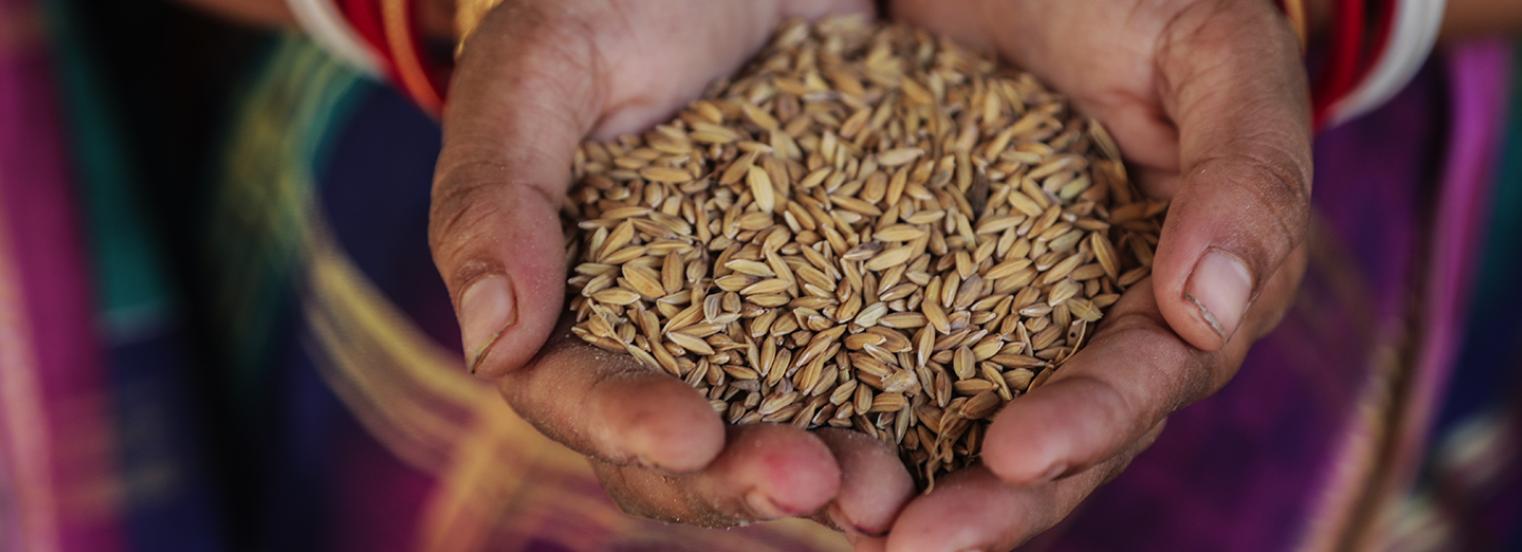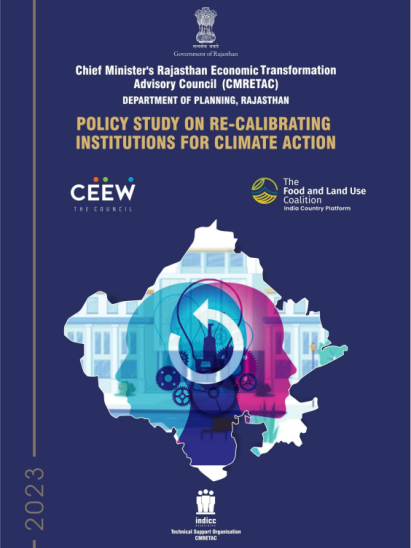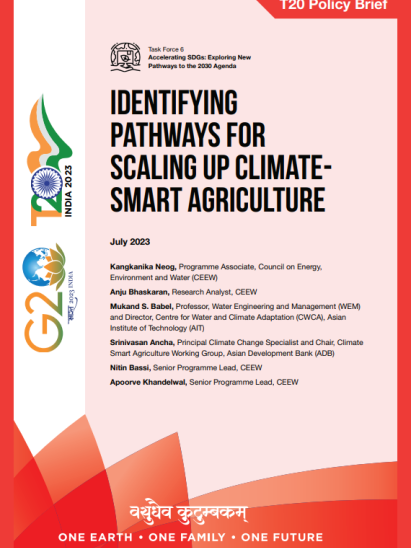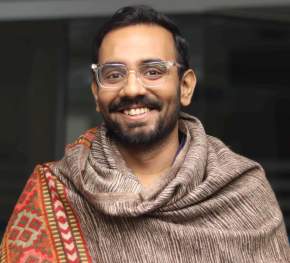




The Sustainable Food Systems team seeks to catalyse the transformation of India’s agricultural and food systems. A holistic, systems-based approach is at the heart of our work, from research to action. Driven by the “30-30-30 by 2030” agenda, we envision a 30 per cent shift in food production to sustainable approaches, a 30 per cent shift towards sustainable and healthy consumption choices, and a 30 per cent shift in value addition to sustainable supply chains.
We support the stakeholders in the sector in effective decision-making by generating the necessary data and evidence, suitable indicators, and analytical tools as a first step towards enabling action. We work at the national, state, and local levels to devise long-term transition roadmaps, medium-term recommendations, and short-term pilot interventions with an ingrained scale-up strategy. We shape the narrative by briefing policymakers, informing the media, and organising dialogues and convenings that bring stakeholders together. We build coalitions around important agendas to create a support system for the system leaders in driving the sustainable food systems transition.

Policy Study on Re-calibrating Institutions for Climate Action

Millet Mantra - The Culinary Centrepiece of India's G20 Presidency

Identifying Pathways for Scaling Up Climate-Smart Agriculture

Fellow & Director - Powering Livelihoods

Senior Programme Lead

Programme Lead

Programme Lead

Programme Associate

Programme Associate

Programme Associate / NGI Fellow

Programme Associate

Programme Associate

Research Analyst

Research Analyst

Research Analyst

Research Analyst

Research Analyst

Programme Associate / NGI Fellow

Consultant
Comments
Money Control
What does Climate Smart Agriculture mean for India?
Sijo AbrahamAmar Ujala
खाद्य सुरक्षा की दिशा में समाज, सरकार और बाजार का एक साथ आना जरूरी
Abhishek JainThe Hindu
An Opportunity To Recast India’s Food System
Abhishek Jain